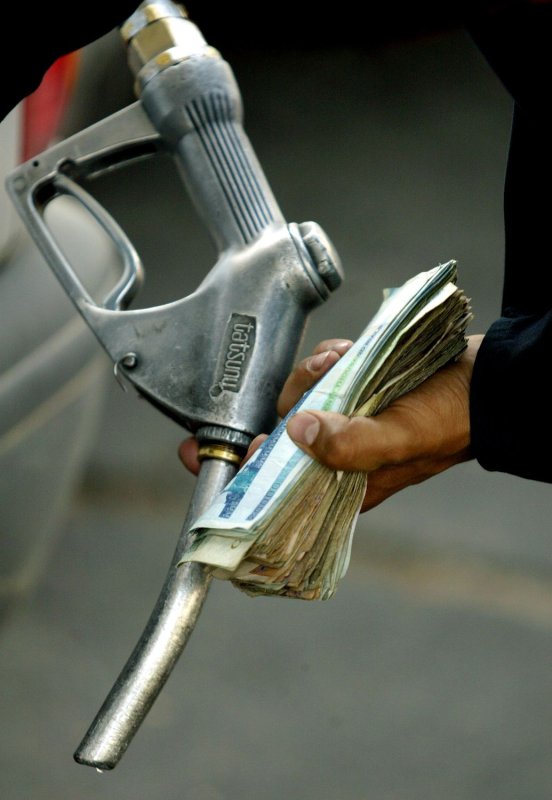TEHRAN, Dec. 19 (UPI) -- Some of Iran's government gasoline subsidies for citizens ended Sunday by presidential order, quadrupling the cost of fuel.
President Mahmoud Ahmadinejad made the announcement on his Web site and said a further 15 percent subsidy to those with private cars would also take effect sometime after Wednesday, The Wall Street Journal reported.















